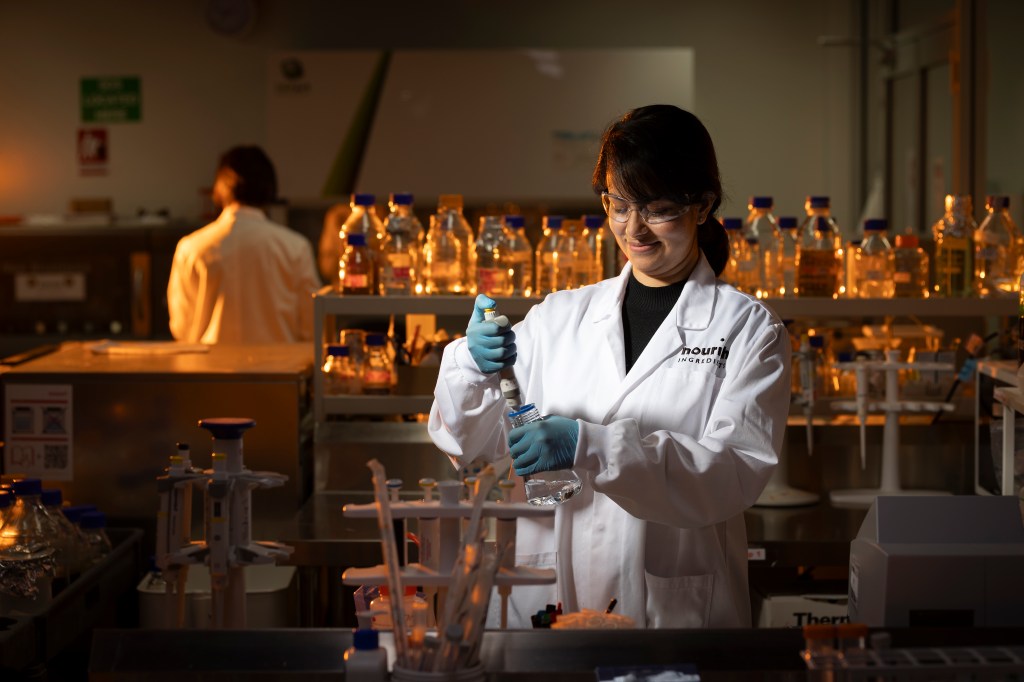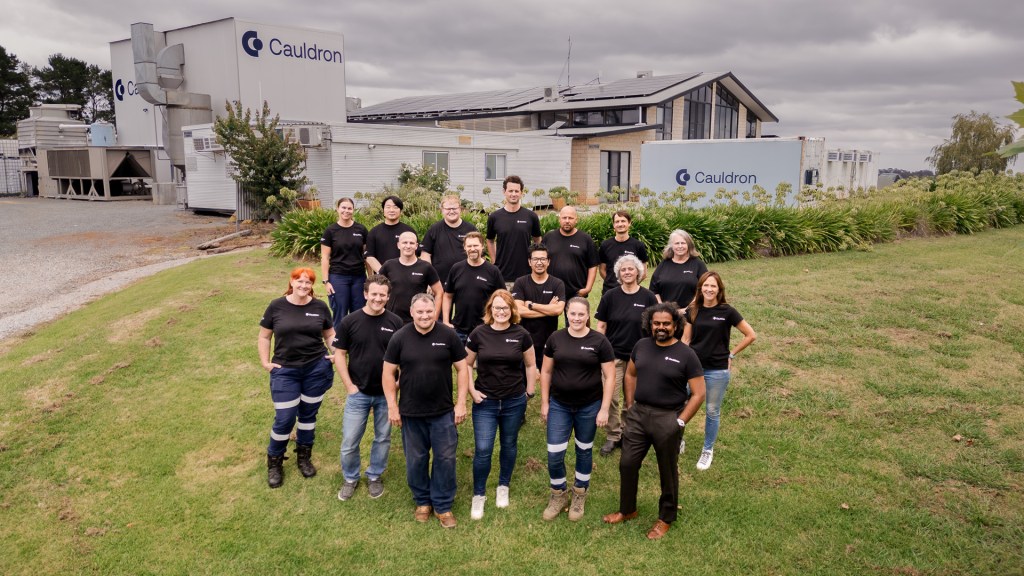Australia has the potential to become a global leader in the production of precision-fermented ingredients, according to a new white paper published by think tank Cellular Agriculture Australia (CAA).
The report provides an in-depth analysis of Australia’s emerging precision fermentation sector. Precision fermentation refers to programming microorganisms to produce specific functional ingredients — such as dairy proteins or fats — that can be used in various food and agricultural products.
The white paper highlights the significant progress already made, and positions Australia as an attractive destination for the commercialisation and scale of precision-fermented ingredients. It argues that by embracing precision fermentation to create a wide range of functional ingredients, Australia can position itself at the forefront of food and agriculture innovation.

The report also emphasies the technology’s potential to complement existing food production methods to help future-proof Australia’s food system, whilst also unlocking new economic opportunities and building sovereign capability.
To achieve these goals, the white paper provides a series of recommendations outlining opportunities for Australian Federal and State governments, including:
- The Department of Health & Aged Care increasing resourcing to FSANZ, thereby enabling increased capability and capacity for the regulator to deal with applications for foods produced using gene technology and support the industry to be internationally competitive.
- The Department of Industry, Science and Resources adopting cellular agriculture technologies (including precision fermentation) in the government’s innovation agenda, in particular, with reference within the Australian Government’s proposed national strategy for biotechnology/bioeconomy.
- The Department of Education recognising food as a priority application of synthetic biology through precision fermentation in the updated National Collaborative Research Infrastructure Strategy (NCRIS).
CAA CEO, Dr Sam Perkins, said, “Australia has an opportunity to build on existing sovereign capability across the precision fermentation value chain, including robust research capability, a collaborative ecosystem of companies, a well-established regulatory system, and an emerging commercial landscape.
“We have all the puzzle pieces here, but Government support is crucial to advancing the sector and ensuring Australian companies remain onshore. The window of opportunity for this is finite.”
Australia is home to a small but diverse and innovative cluster of precision fermentation companies, such as: Norco-backed CSIRO spin-out Eden Brew, All G Foods led by serial entrepreneur Jan Pacas, and ASX listed company Noumi, which has diversified into precision fermentation.

Encouragingly, the Department of Industry, Science & Resources recently awarded AUD $4.3 million in grant funding through its Industry Growth Program (IPG) to Australian-based precision fermentation contract manufacturer Cauldron Ferm.
While CAA recognises this as a positive step, they argue that more significant and sustained funding and support is needed.
Those wishing to read the whitepaper may access it at this link.
To stay up-to-date on the latest industry headlines, sign up to Future Alternative’s enewsletter.
Posted on:


